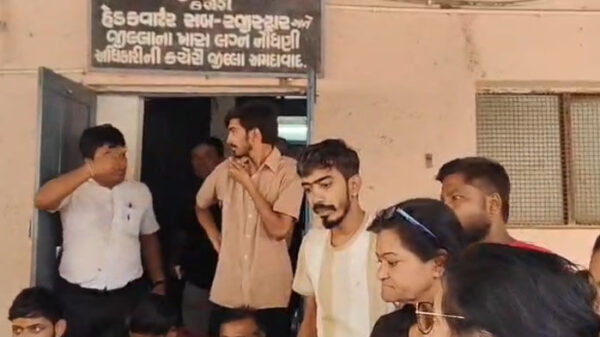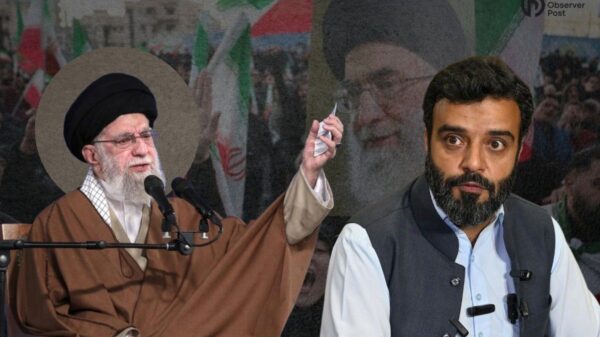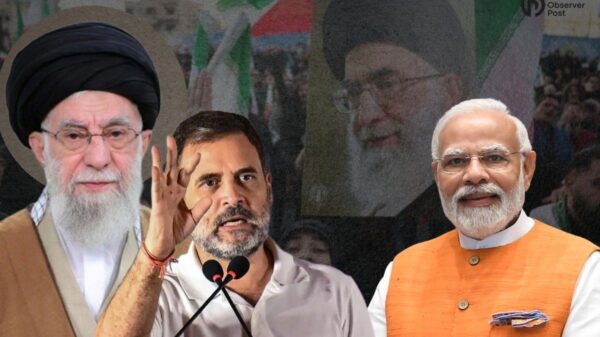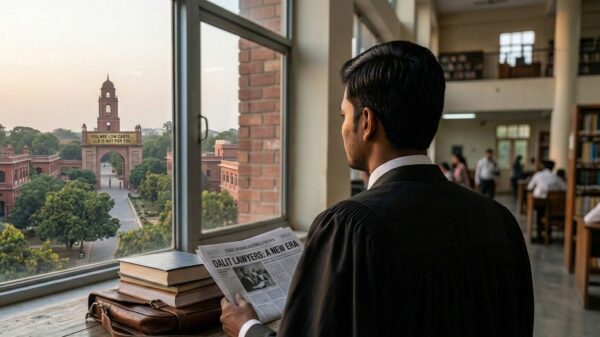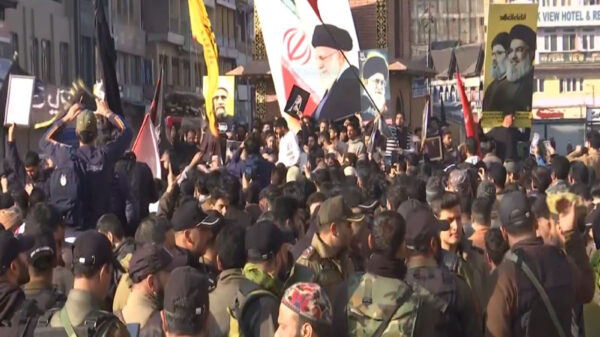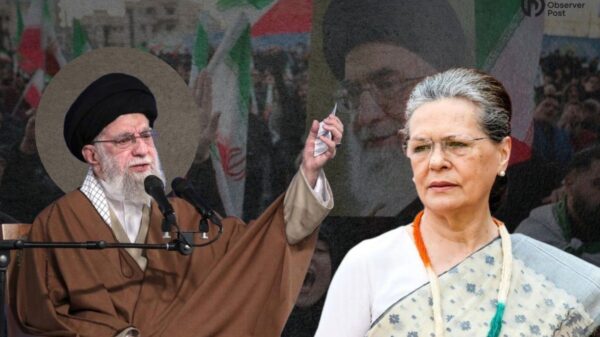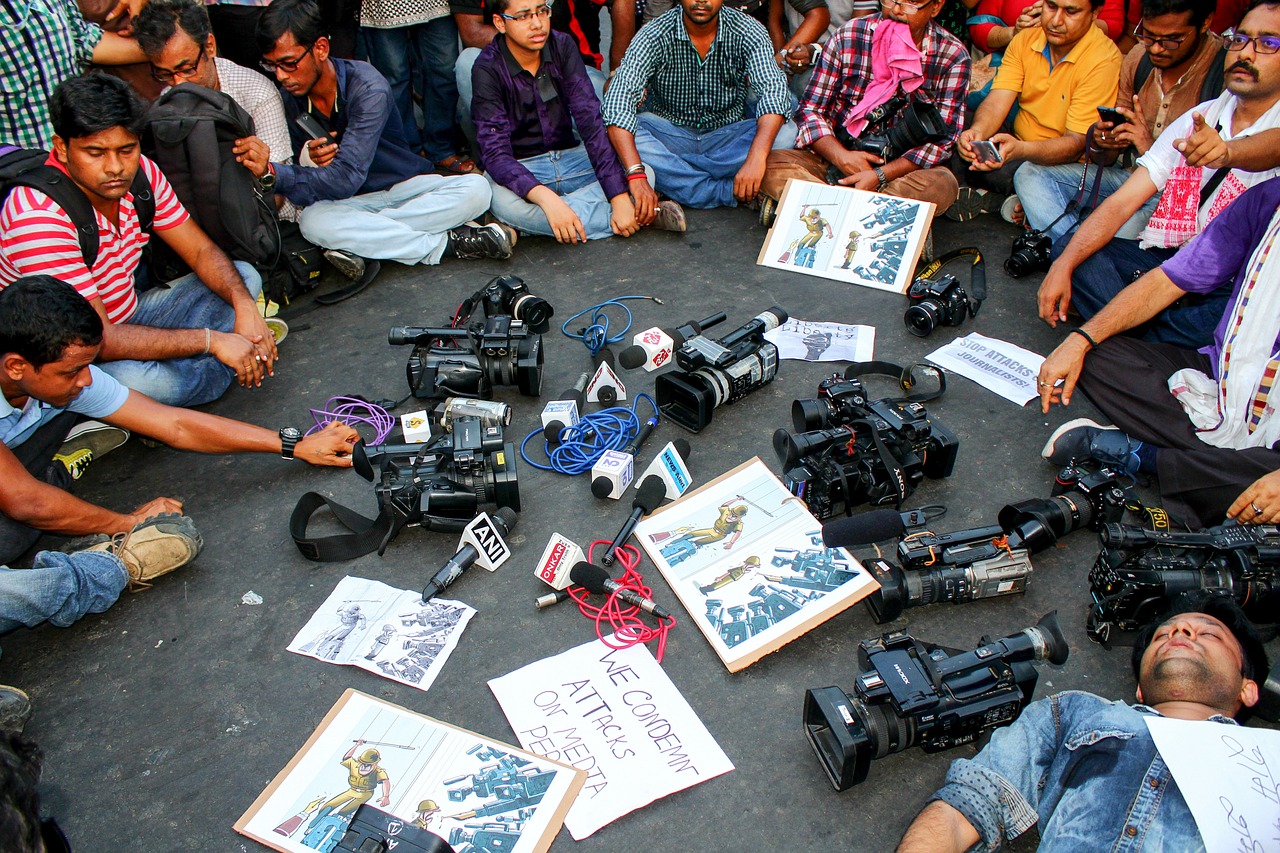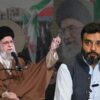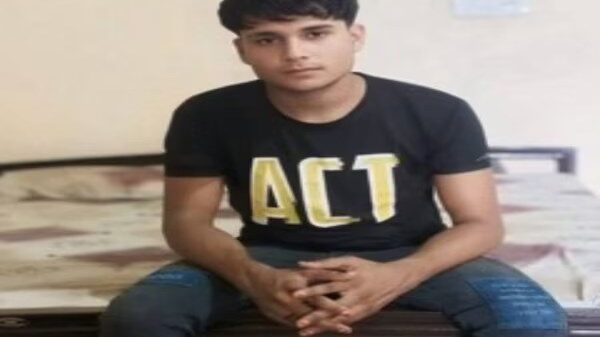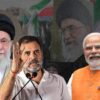The Supreme Court of India has emphasized the need for clear and comprehensive guidelines regarding the seizure of journalists’ digital equipment during investigations. The remarks were made during a hearing on a petition filed by the Foundation for Media Professionals, which sought specific directives for law enforcement agencies when confiscating journalists’ devices.
A bench comprising Justice Sanjay Kishan Kaul and Justice Sudhanshu Dhulia stressed the importance of maintaining a balance between the rights of media professionals and the state’s need for investigations.
Justice Kaul said, “This is a serious matter. There should be better guidelines for media professionals. Media professionals have their own sources. We have held the right to privacy as a fundamental right. There should be a balance.”
The court has given the central government time to prepare these essential guidelines, with the next hearing scheduled for December 6. Justice Kaul urged the government to take the initiative in formulating these guidelines, saying, “The Centre should prepare the guidelines. If you want, we will do it. But I think you should do it. This cannot be a State that’s run through its agencies.”
Representing the government, Additional Solicitor General SV Raju acknowledged the complexity of the legal issues involved. “The media has rights, but it is not above the law,” he said.
The petitioner’s counsel argued that the matter is a question of “State power vs. self-incrimination, privacy.” “Nowdays they compel to share passwords or biometrics. There are no guidelines with respect to when they will seize, what they will seize, personal data, financial data all digital footprint is on that device,” the counsel said.
The court underscored the need for the central government to thoroughly analyze the required guidelines in this case. “We would like ASG to work on this and come back on this issue,” the court stated.
Prior to this development, 16 press freedom organizations had written to Chief Justice of India DY Chandrachud, seeking the Supreme Court’s intervention to address what they called the “repressive” actions of investigating agencies against the media. They had specifically sought guidelines on the seizure of electronic devices belonging to journalists.
This call for guidelines follows a controversial incident in which Delhi Police conducted raids on the homes of journalists, editors, and writers associated with the news portal ‘Newsclick.’ Prabir Purkayastha, the founder of NewsClick, and Amit Chakravarty, the Human Resources head, were arrested under the anti-terror law UAPA. The portal has been accused of receiving funds to propagate pro-China propaganda.
(with PTI inputs)






